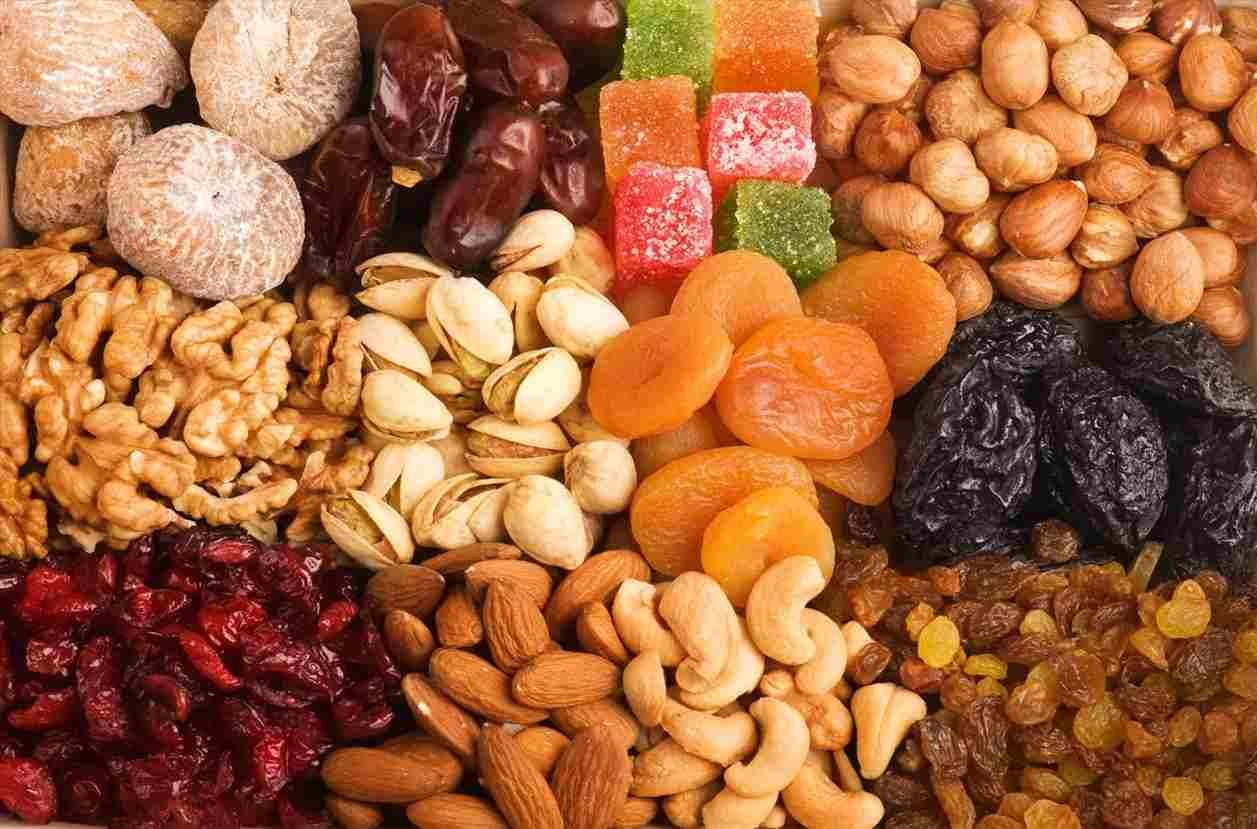Africa-Press – Botswana. Boago Serumola found herself having to explore other business options when her catering and events management business closed shop due to the impact of COVID-19 pandemic in 2020.
She applied quick thinking, and turned the knowledge acquired during her tertiary years at Botswana University of Agriculture and Natural Resources (BUAN) into a new venture from her home kitchen.
Drawing from her educational background as a Bachelor of Science in Food Science and Technology graduate, Ms Serumola realised the potential presented by large quantities of overripe fruits that were going to waste due to limited shelf life.
Her journey culminated in the establishment of Boasa Brands, a company dedicated to transforming fruits deemed as waste into nutritious, preservative-free snacks.
“I started by making small batches for friends and family, and their positive feedback encouraged me to go on,” she said. Since then, she has developed her concept into a staple offering found in local supermarkets.
After months of experimentation, Ms Serumola perfected her methods for drying fruits, which laid the foundation for her thriving business.
Her products have been particularly well received and can be found at Trans Cash and Carry, the Hilton Garden Kiosk, and the Koncept Store at Sir Seretse Khama International Airport (SSKIA).
With crucial support from the Youth Development Fund (YDF), Boasa Brands has quickly captured the attention of local supermarkets.
Located at the Local Enterprise Authority (LEA) incubators in Pilane, the company specialises in producing a variety of dried fruit snacks, including banana chips and mango strips.
“Even though we don’t use any additives, we ensure our products are well dried, sealed, and adhere to strict safety measures during production and packaging,” Ms Serumola explained. “This guarantees a good quality shelf life of six months for our products.”
Ms Serumola’s innovative approach has not only lessened food waste but also created job opportunities for those involved in the production process, which includes sorting, washing, peeling, and packaging the fruits. “We source fruits from local farmers and wholesalers, but when some are out of season, we import to maintain a steady supply,” she noted.
Despite her success, Ms Serumola recognises that there is still significant room for growth.
She is considering experimenting with indigenous fruits to diversify her offerings and is even exploring the possibility of introducing dry vegetables.
Her journey serves as testament to the idea that with enough commitment, determination, and innovation, any concept can flourish into a profitable business.
For More News And Analysis About Botswana Follow Africa-Press






